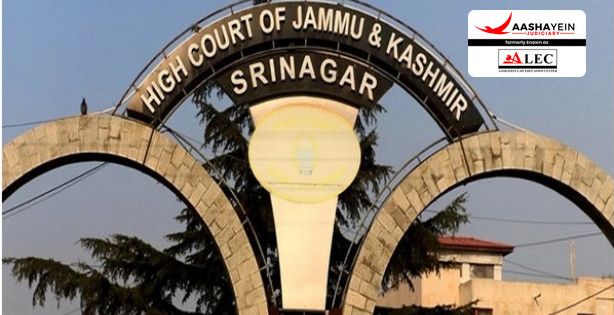Secularism is one of the basic structures of the Indian Constitution which means that the state will remain equal to all religions. The Preamble defines India as a “sovereign socialist secular democratic republic” where the principle of secularism is underlined. Articles 25 to 28 on freedom of conscience, which entitle one to freely hold, practice, and propagate religion without unreasonable restrictions as may be deemed necessary for public order, morality, and health. The state does not have a bias towards any religion and guarantees that people’s practices of their religion do not violate the rights of other persons or the law.
In a recent case on secularism, the High Court of Jammu and Kashmir and Ladakh ruled that Ms. Syed Ainain Qadri a female advocate cannot appear in court with her face veiled, as per Bar Council of India (BCI) rules. Justices Moksha Khajuria Kazmi and Rahul Bharti emphasized the importance of maintaining courtroom decorum and professional identity, noting that the BCI dress code prohibits facial coverings.
You can also read the latest judgment by visiting [Latest Judgment].
For more information, visit [Aashayein Enquiry Section]
Facts
The case arose when a woman appeared in court as an advocate with her face covered. When asked to remove the veil, she claimed it was her fundamental right to wear it. However, the court could not verify her identity and refused to recognize her as the petitioners' counsel that day.
The court previously stated in its order that it could not recognize the person claiming to be Advocate Ms. Syed Ainain Qadri as the petitioners' counsel, as it had no way to verify her identity, either as an individual or as a legal professional.
BCI Regulation
As per Chapter IV (Part VI) of the Bar Council of India Rules, framed under Section 49(1)(gg) of the Advocates Act, the report submitted by the Registrar Judicial on December 5, 2024, highlights the dress code for women advocates. The prescribed attire includes:
(a) A black full-sleeved jacket or blouse with a white collar (soft or stiff), white bands, and an advocate's gown, or a black open-breasted coat with a white blouse (with or without a collar) and white bands.
(b) Lower garments such as sarees, long skirts (in white, black, or muted colors without prints), flares, Punjabi dresses, Churidar-Kurtas, or Shalwar-Kurtas, with or without a black or white dupatta, are permissible. Traditional attire is also allowed if paired with a black coat and bands.
(c) An advocate’s robe is not mandatory unless appearing before the Supreme Court or High Courts.
(d) During summer, wearing a black coat is not required in courts other than the Supreme Court or High Courts.
Justice Kazmi, after reviewing the report, observed, "It is nowhere stated in the rules that any such attire (face cover) is permissible for appearing before this court." Thus, the Court's decision reinforces the secular ethos of the Indian Constitution, emphasizing that no particular religion or its practices can supersede the constitutional principles of neutrality and equality.

